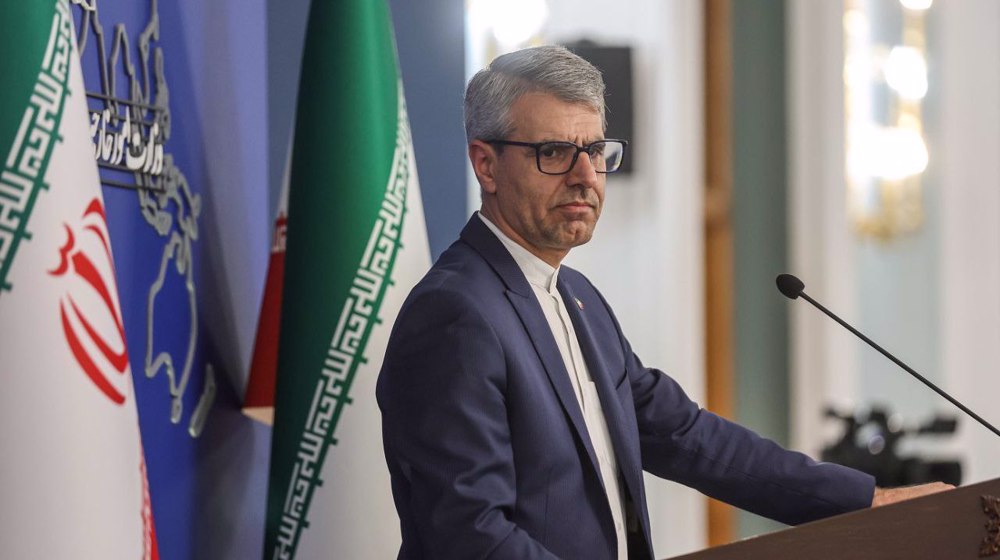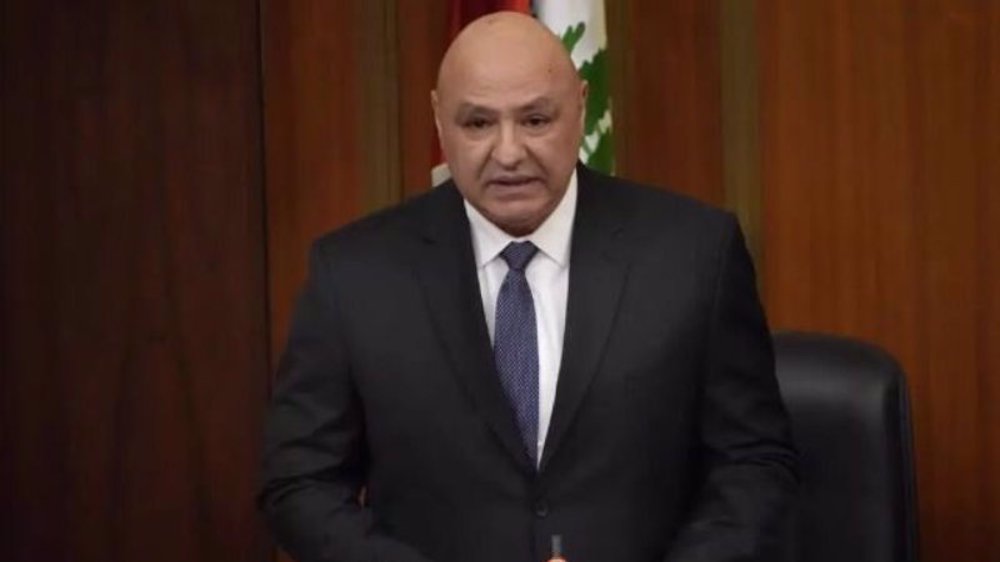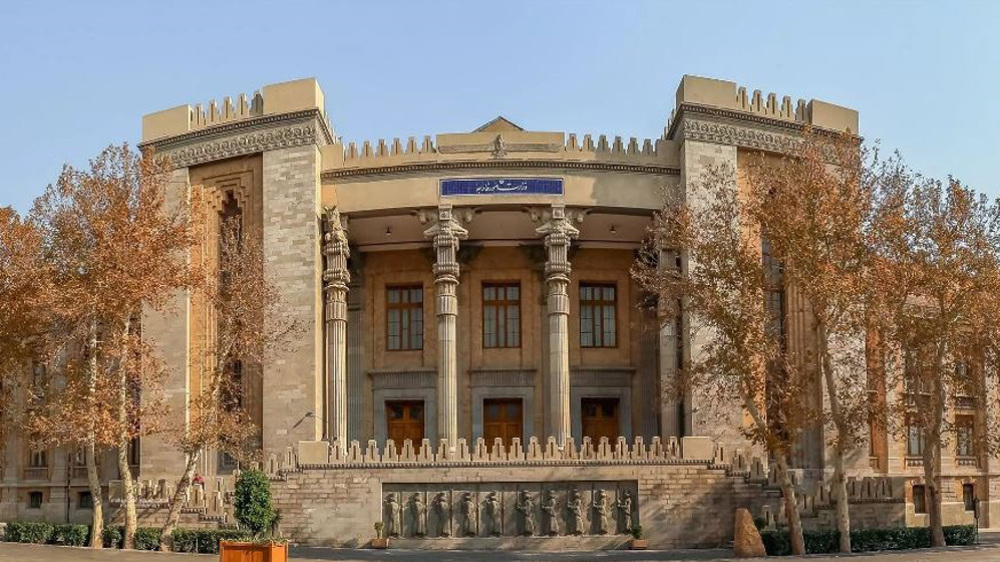Iran president praises Majlis bill endorsing nuclear deal
Iranian President Hassan Rouhani has hailed the parliamentary bill endorsing the country’s landmark nuclear agreement with six world powers.
Addressing the Iranian nation in a live televised show on Tuesday evening, Rouhani offered gratitude to the lawmakers for adopting a bill earlier in the day giving the go-ahead to the implementation of the Islamic Republic's nuclear deal with the world powers, known as the Joint Comprehensive Plan of Action (JCPOA).
He said Iran and the P5+1 group of world countries - the US, Britain, France, Russia and China plus Germany - will start implementing the agreement next week, three months after the UN Security Council endorsed the agreement.
The Iranian Parliament (Majlis) on Tuesday approved a bill which allows the administration to voluntarily implement its July 14 nuclear agreement with the P5+1 group of countries under certain conditions.
The outlines of the bill had been approved in the Iranian Parliament on Monday.
Iran’s Guardian Council is set to examine the bill on Wednesday before signing it into law.
Under the Iranian Constitution, the Guardian Council, a 12-member body consisting of six legal experts and six Islamic jurists, is tasked with vetting legislative and presidential candidates, supervising elections and overseeing the bills passed in Majlis for conformity with Islamic principles.
Iran and the five permanent members of the UN Security Council plus Germany finalized the text of the JCPOA in the Austrian capital of Vienna on July 14.
Under the JCPOA, limits will be put on Iran’s nuclear activities in exchange for, among other things, the lifting of all economic and financial bans against the Islamic Republic.
Sanctions-defeating policies
The Iranian president pointed to the illegal US-led economic restrictions against the Islamic Republic, saying, although trade and oil bans had not been unprecedented, Iran was the first country in the world to be subjected to banking sanctions.

Rouhani said his administration's economic policies had dismayed the West of the effectiveness of imposing sanctions against Iran, adding that this also gave the country the upper hand in the nuclear negotiations with the P5+1.
"The administration's measures carried the message that the sanctions would no longer be effective. Why were the sanctions lifted? Because they saw that the sanctions were no longer effective," said the president.
“We will see the effects of sanctions relief in our economy,” said Rouhani.
He noted that the unprecedented fall in oil prices was also a plot to make Iran step back from its demands throughout the nuclear talks. But, the president said, this scheme also failed.
Rouhani referred to his administration's economic policy for curbing the country's inflation rate. He said that his administration managed to slash the inflation rate, which stood at over 40 percent in 2013 to around 15 percent the following year after.
The Iranian president said his administration would continue the same inflation curbing policy in the future.
Rouhani said Iran is expected to gain $25 billion from selling oil this year, the lowest in ten years. The president noted that Iran's oil revenue reached $119 billion in 2011 when his predecessor Mahmoud Ahmadinejad was in office.
He added that the expected sanctions relief would let Iran sell oil without any restrictions in the coming years.
Need for Hajj stampede clarification
Elsewhere in his remarks, the Iranian president once again expressed his condolences over the September 24 deadly crush during the Hajj rituals in Mina, near the holy Saudi city of Mecca, and said the causes of the tragic incident should be clarified for the Muslim world and the Iranian nation.

He added that the clarification of the aspects of the Mina stampede would prevent the recurrence of such incidents in the future.
Rouhani said the tragic incident showed lack of foresight on the part of Saudi rulers which led to the killing of thousands of men and women from across the Muslim world, including from Iran.
According to tallies given by foreign officials, the death toll from the deadly Mina stampede has reached 1,674. The Saudi kingdom, however, has yet to provide a complete report on the tragedy including an update on its earlier death toll of 769.
Officials at Iran’s Hajj and Pilgrimage Organization say about 4,700 people, including 464 Iranians, lost their lives in the tragedy.
Jan. 9: ‘Axis of Resistance’ operations against Israeli occupation
VIDEO | Press TV's news headlines
Gaza death toll 40% higher than recorded, Lancet study estimates
VIDEO | Lebanon elects new president
Scores killed as US, Turkish proxies clash in northern Syria
At least 5 dead as wildfires devour districts across Los Angeles
VIDEO | Press TV's news headlines
Houthi: Israel incapable of downing Yemen’s hypersonic missiles










 This makes it easy to access the Press TV website
This makes it easy to access the Press TV website